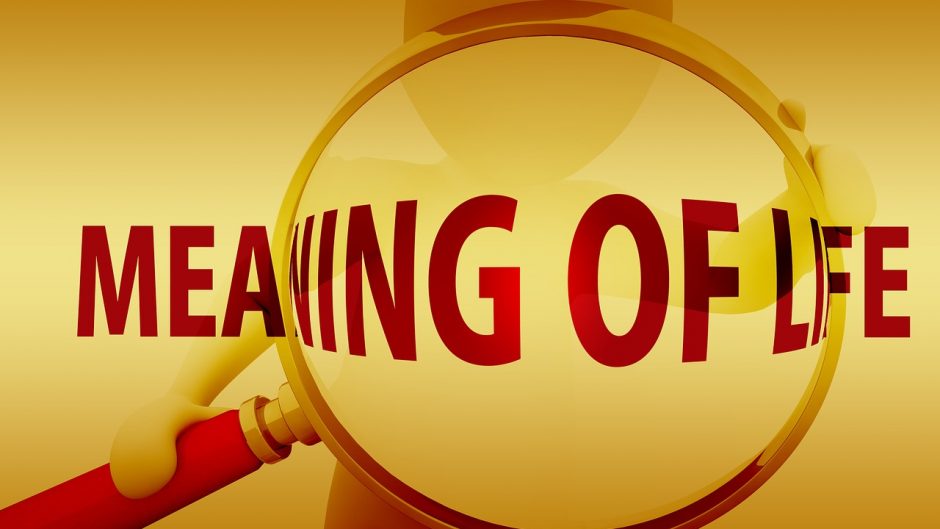Philosophy – the Love of Wisdom
When I think of Philosophy, I think of the big three Greek thinkers – Plato, Aristotle, and Socrates. This article explores something about Socrates, one of the founders of Greek philosophy.
Socrates – his life
Viewed by many as the founding figure of Western philosophy, Socrates was the son of an Athenian stone mason and sculptor. He learned his father’s craft and practiced it for many years.
He actively took part in the Peloponnesian War when Athens was defeated by the Spartans, and he distinguished himself for his courage.
Socrates had a following of young men, who delighted in watching the philosopher question their elders in the markets of Athens, some of whom would abandon their early aspirations and devote their lives to philosophy.
“Knowing yourself is the beginning of all wisdom.”
The more one knows, the more ability one has, to reason and make choices that bring ultimate happiness. Socrates believed this translated into politics, where governments are effective when they are ruled by people with the ability, the honour, and the knowledge, and a complete understanding of themselves.
Socrates didn’t write anything – most of his musings were recorded by his students. He enjoyed asking probing questions, sometimes humiliating ones. He was not loved by everyone, though. His unorthodox political and religious views made his life tough at times.
“The unexamined life is not worth living.”
Socrates believed that to simply accept what tradition and Government told us, was to live a less than full life. A full life (to him) entailed questioning his moral and religious traditions. In studying oneself, you lead yourself on a path of moral and spiritual development – and, in turn, an improvement to one’s community.
“The only true wisdom is in knowing that you know nothing.”
The information in the World is so vast, that to learn everything would take an eternity. Even the wisest man on Earth knows a fraction of what there is to know. To recognise that fact is not only a humble action, but it is the first step to becoming wise.
The Socratic Method
Socrates declared that he was not a teacher; he was a facilitator. He would facilitate their own self-reflection through public dialogue. He used this controversial method he used to provoke discussion and get a reaction.
He was not the wise old man who sat on top of a mountain waiting for people to ask obscure questions; and he did not actively look for followers of his personal philosophy. His method was to get people to reflect on their own thoughts and points of view, and on the culturally accepted laws they had adopted.
Modern philosophy, following Socrates, is as much about deconstructing as constructing. Deconstructing our preconceived ideas, analysing the parts, and then constructing a new concept.
Wealth
“If a man is proud of his wealth, he should not be praised until it is known how he employs it.”
Much of what is known about Socrates is chronicled through the dialogues of Plato and Xenophon and the plays of Aristophanes, which collectively provide a unique insight into his philosophy and personality.
Athens, due to the defeat by Sparta, was entering a phase of instability and doubts about where they stood in the world. As a result, they were fixated on the past, onto ideas of wealth and beauty. Socrates challenged these values, emphasizing the greater importance of the mind.
Success
“Let him that would move the world first move himself.”
Socrates believed that if we want to influence other people – move them – we must first move ourselves. Unless we believe what we are spewing, others will not believe it, because the passion will not show.
We must learn to tell stories from the heart and others will listen.
Death
Socrates was admired by many Athenians for his challenges to conventional wisdom. His unorthodox political and religious views, however, gave the leaders an excuse to charge him with corrupting the morals of the youth of Athens and of blasphemy.
In court, he defended himself as one who had provided an important service to the community by continually questioning and challenging the status quo. The jury found him guilty and sentenced him to death.
His execution was delayed for 30 days due to a religious festival, during which his friends tried to convince him to flee Athens.
On the day of the execution, Plato describes Socrates as being happy and without fear. He drank the cup of poison hemlock his executioner handed him, walked around until his legs grew numb and then lay down, in the company of his friends, and waited for the poison to reach his heart.
Paradox
It is quite refreshing when one comes across a character in history like Socrates. For someone celebrated for his wisdom, while so many other popular figures laud themselves for being all-knowing and all-seeing prophets, Socrates claimed that his wisdom consisted of so little.
He wanted people to deconstruct their own ideas and ideals and create a new wisdom for themselves. He suggested that what is considered good is not good just because the Gods say it is, but is good because it is useful in our efforts to be better and happier people.
Much of Socratic wisdom lies not in what was said, but in what was left unsaid.





